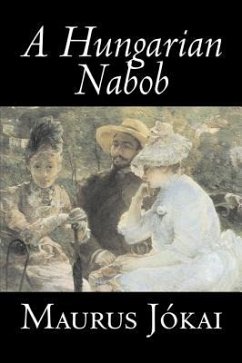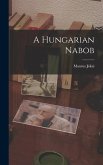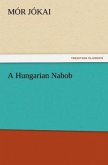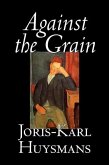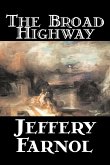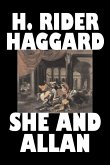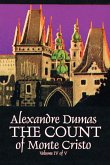The Nabob figure is a Hungarian potentate of vast estates, who lives amidst a crowd of retainers, wassailing companions, women, gamblers, fools, and gypsies. The plot relates to the intrigues of his dissolute heir and his marriage with a young girl which serves to baffle them. Mór Jókai -- also known as Maurus Jokai -- was a Hungarian dramatist and novelist. He originally studied law and became an advocate in what is now Budapest. Encouraged by the reception of his first play, The Jewish Boy, he turned to writing, producing Working Days, and becoming editor of Életképek, the leading Hungarian literary journal. Following a revolution and the deposition of the Hapsburg dynasty, he became a political suspect. He spent the next fourteen years reviving the Magyar language, producing thirty romances and numerous other works. After the re-establishment of the Hungarian Constitution, he sat in parliament for twenty years, founded and edited the government organ Hon, and was later elevated to the upper house by the king.
Hinweis: Dieser Artikel kann nur an eine deutsche Lieferadresse ausgeliefert werden.
Hinweis: Dieser Artikel kann nur an eine deutsche Lieferadresse ausgeliefert werden.

